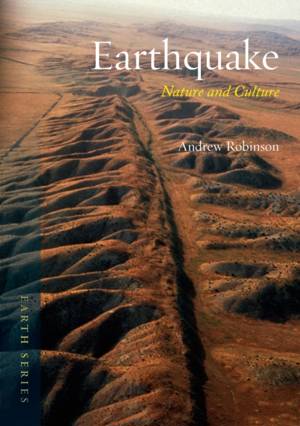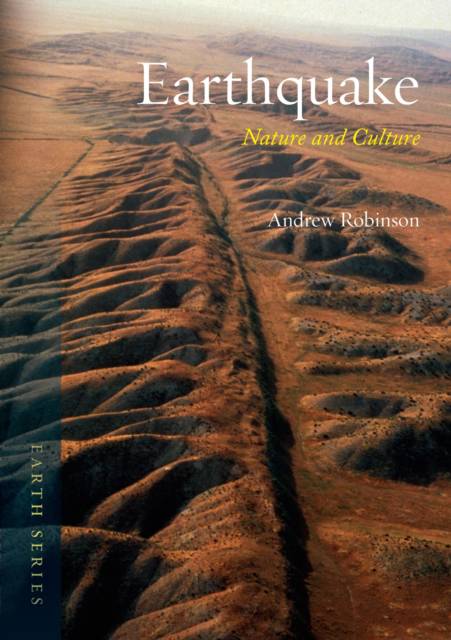
- Retrait gratuit dans votre magasin Club
- 7.000.000 titres dans notre catalogue
- Payer en toute sécurité
- Toujours un magasin près de chez vous
- Retrait gratuit dans votre magasin Club
- 7.000.0000 titres dans notre catalogue
- Payer en toute sécurité
- Toujours un magasin près de chez vous
Description
The 2011 devastating, tsunami-triggering quake off the coast of Japan and 2010's horrifying destruction in Haiti reinforce the fact that large cities in every continent are at risk from earthquakes. Quakes threaten Los Angeles, Beijing, Cairo, Delhi, Singapore, and many more cities, and despite advances in earthquake science and engineering and improved disaster preparedness by governments and international aid agencies, they continue to cause immense loss of life and property damage. Earthquake explores the occurrence of major earthquakes around the world, their effects on the societies where they strike, and the other catastrophes they cause, from landslides and fires to floods and tsunamis. Examining the science involved in measuring and explaining earthquakes, Andrew Robinson looks at our attempts to design against their consequences and the possibility of having the ability to predict them one day. Robinson also delves into the ways nations have mythologized earthquakes through religion and the arts--Norse mythology explained earthquakes as the violent struggling of the god Loki as he was punished for murdering another god, the ancient Greeks believed Poseidon caused earthquakes whenever he was in a bad mood or wanted to punish people, and Japanese mythology states that Namazu, a giant catfish, triggers quakes when he thrashes around. He discusses the portrayal of earthquakes in popular culture, where authors and filmmakers often use the memory of cities laid to waste--such as Kobe, Japan, in 1995 or San Francisco in 1906--or imagine the hypothetical "Big One," the earthquake expected someday out of California's San Andreas Fault. With tremors happening in seemingly implausible places like Chicago and Washington DC, Earthquake is a timely book that will enrich earthquake scholarship and enlighten anyone interested in these ruinous natural disasters.
Spécifications
Parties prenantes
- Auteur(s) :
- Editeur:
Contenu
- Nombre de pages :
- 208
- Langue:
- Anglais
- Collection :
Caractéristiques
- EAN:
- 9781780230276
- Date de parution :
- 15-12-12
- Format:
- Livre broché
- Format numérique:
- Trade paperback (VS)
- Dimensions :
- 147 mm x 208 mm
- Poids :
- 453 g

Les avis
Nous publions uniquement les avis qui respectent les conditions requises. Consultez nos conditions pour les avis.






